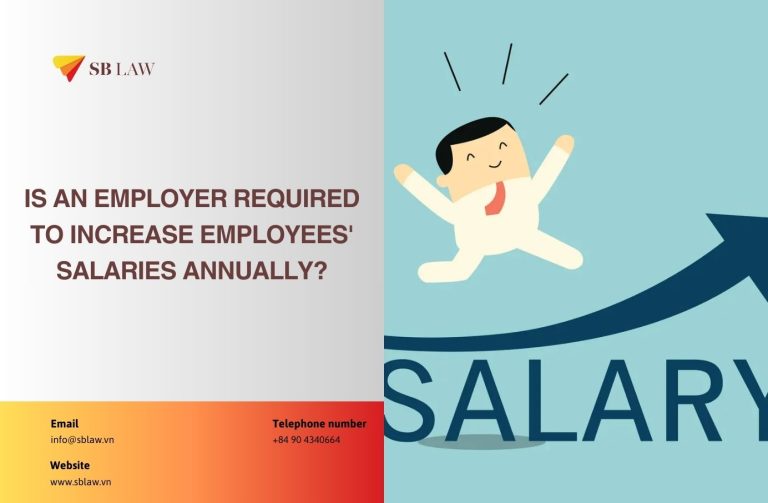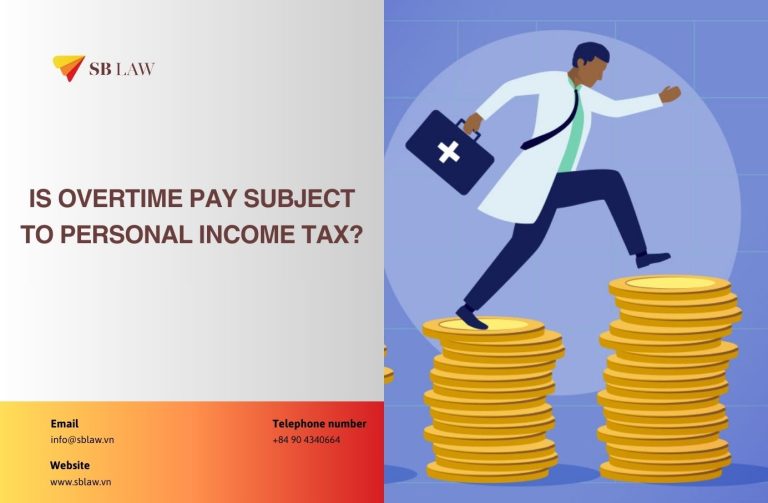Raising the retirement age is a common and inevitable trend for most countries in the world to cope with population ageing and labor shortages as well as ensure the balance of social security funds.
Regulations on retirement age in Vietnam
In Vietnam, Article 169 of the 2019 Labor Code stipulates that from 2021, the retirement age for employees under normal working condition is 60 years and 3 months for male workers and 55 years and 4 months for female workers. Thereafter, each year increases by 03 months for male employees and 04 months for female employees.
Thus, currently each year the retirement age of employees will increase, the retirement age of employees under normal working conditions is adjusted according to the roadmap until reaching the age of 62 for male workers in 2028 and 60 years old for female workers in 2035. According to Clause 2, Article 4 of Decree 135/2020/ND-CP of the Government, in 2024 the retirement age for male workers will be 61 years old, for female workers will be 56 years and 4 months old.
In addition, for workers whose jobs are particularly heavy, hazardous, dangerous, or workers with weak health (with reduced working ability), they can also retire at a lower age than people working in normal working conditions (retire up to 5 years or 10 years earlier depending on the case).

Looking back at the regulations in Article 187 of the 2012 Labor Code, the retirement age of employees is fixed at: 60 years old for men, 55 years old for women. Clearly, the 2019 Labor Code has increased the retirement age for both male and female workers compared to previous legal regulations, and also has a roadmap to gradually increase the retirement age over the years to avoid having to too much adjustment, especially for women, causes mixed psychological reactions; ensure compliance with economic and social conditions; changes in scale, structure, quality, health status and longevity of Vietnamese workers.
Increasing the retirement age is suitable for our country's conditions as it begins to pass through the "golden population" period. Compared to other countries in the region, Vietnam has a relatively low retirement age while having a quite high life expectancy. At the same time, when referring to the experiences and practices of countries around the world, the retirement age is commonly over 60 for women, over 62 for men. Therefore, Vietnam's choice of the roadmap to raise the retirement age as stipulated in the current Labor Code is not only consistent with the general international trend but also ensures adaptation to the process of population aging and risk of labor shortage in the future.
Practically, not many workers can work until pensionable age according to current regulations. For them, the current retirement age is too high. Some people worry about the gap before retirement age when workers over 40 years old face the risk of losing their jobs and not being recruited. Plenty of employees are also worried that they will not be able to work or wait until they are old enough to receive pensions. When their health declines, they will not have a source of income to continue paying Social Insurance. The desire to reduce the retirement age is understandable because they want a low retirement age so they can receive a pension from the Social Insurance Fund early, and if they continue to work, they will have an additional income in addition to the pension. Most businesses do not want to employ elderly workers because the productivity, quality and efficiency of work are not commensurate with the salary they have to pay, but want to employ young, healthy workers.
However, in both reality and theory, reducing the retirement age is impossible because no country in the world has reduced it. The regulation of retirement age must be placed in the overall economic, political, social and demographic problem; decided on the basis of scientific calculations and forecasts on biological characteristics of human resources, living environment - working environment, socio-economic and financial conditions of the Social Insurance Fund... with many different criteria.
Therefore, to ensure effective implementation of the retirement age policy, the Government needs to adjust pension levels to be synchronized with other policies on the labor market and social security overall, to The Retirees can ensure the value of the purchasing power of money, consistent with the socio-economic conditions of each period and, more importantly, must ensure social security for the people.
Lawyer Hong Duyen
SBLAW




